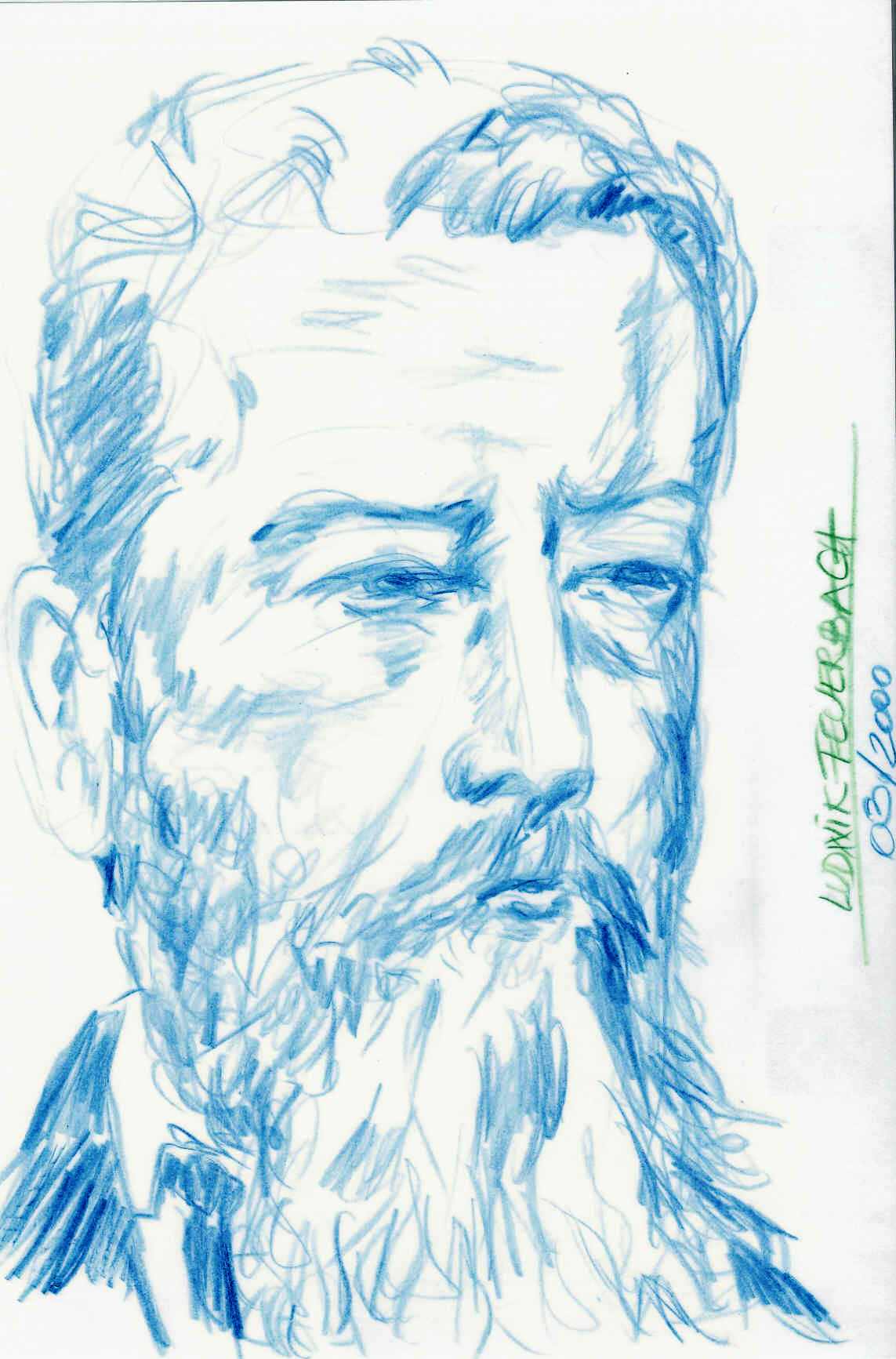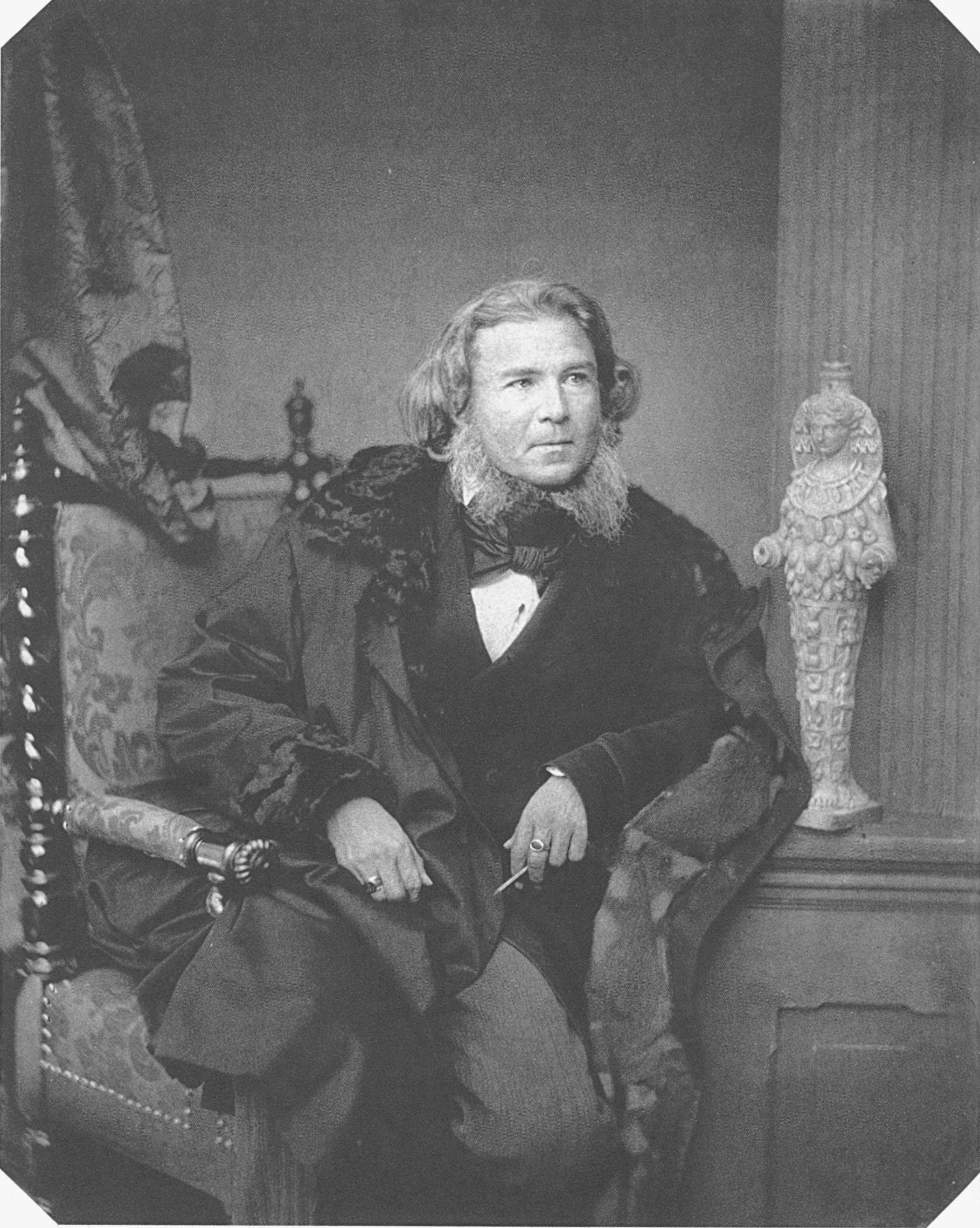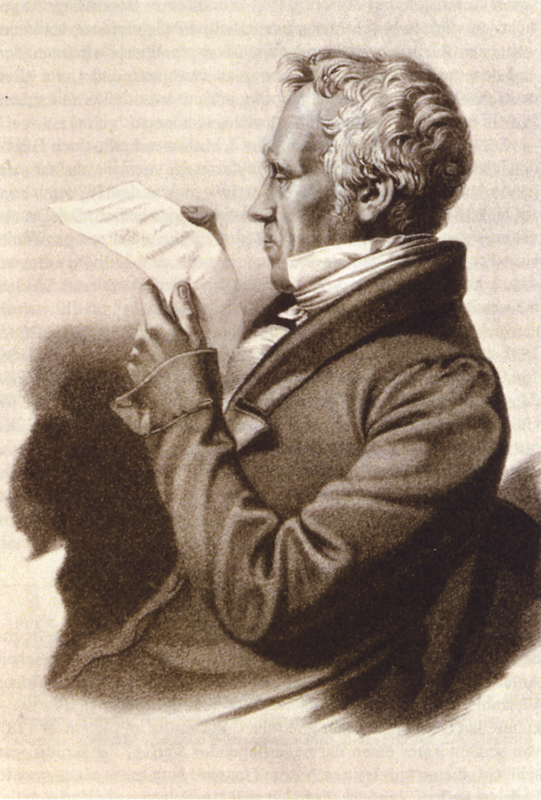|
Joseph Heine
Joseph (von) Heine (28 November 1803 – 4 November 1877) was a German physician and a high civil servant in the Bavarian health service in the Rheinkreis. Medical career in Franconia and in the Palatinate Joseph Heine was born in Würzburg on 28 November 1803. He was the son of Johann Georg Heine, who was an orthopedist and manufacturer of orthopedic instruments for the Würzburg university. Joseph attended the Würzburg Gymnasium until 1824 and studied medicine in Würzburg and Munich. In 1827 he passed his state examination in Bamberg and did his doctorate as an MD in Würzburg. Heine widened his medical knowledge by a number of journeys abroad. In the winter of 1828/29 he studied dermatology and surgery in Paris. His tutor in the latter discipline was Guillaume Dupuytren. The departure of his father Johann Georg Heine to the Netherlands in 1828 forced the son to return to Würzburg, where—together with his cousin Bernhard—he took over the management of the Karolinen-Ins ... [...More Info...] [...Related Items...] OR: [Wikipedia] [Google] [Baidu] |
Bavaria
Bavaria ( ; ), officially the Free State of Bavaria (german: Freistaat Bayern, link=no ), is a state in the south-east of Germany. With an area of , Bavaria is the largest German state by land area, comprising roughly a fifth of the total land area of Germany. With over 13 million inhabitants, it is second in population only to North Rhine-Westphalia, but due to its large size its population density is below the German average. Bavaria's main cities are Munich (its capital and largest city and also the third largest city in Germany), Nuremberg, and Augsburg. The history of Bavaria includes its earliest settlement by Iron Age Celtic tribes, followed by the conquests of the Roman Empire in the 1st century BC, when the territory was incorporated into the provinces of Raetia and Noricum. It became the Duchy of Bavaria (a stem duchy) in the 6th century AD following the collapse of the Western Roman Empire. It was later incorporated into the Holy Roman Empire, became an ind ... [...More Info...] [...Related Items...] OR: [Wikipedia] [Google] [Baidu] |
Germersheim
Germersheim () is a town in the German state of Rhineland-Palatinate, of around 20,000 inhabitants. It is also the seat of the Germersheim (district), Germersheim district. The neighboring towns and cities are Speyer, Landau, Philippsburg, Karlsruhe and Wörth am Rhein, Wörth. Coat of arms The coat of arms features a golden crowned eagle on a blue background. The eagle derives from the fact that, at one time the town was ruled directly by the emperor of Germany. History After his invasion of Gallia, Julius Caesar, Gaius Iulius Caesar made the Rhine river the border between the Roman Empire and Germania. Some small areas east of it were later invaded and added to the Roman province of Agri Decumates. As it was attacked more and more it was given up in the second half of the third century and a military camp was founded, named "''Vicus Iulii''" ("''Village of Julius''/''Julius' Village''). It was supported up to the fourth century. The first record of the name "Germersheim" is fro ... [...More Info...] [...Related Items...] OR: [Wikipedia] [Google] [Baidu] |
Archeology
Archaeology or archeology is the scientific study of human activity through the recovery and analysis of material culture. The archaeological record consists of artifacts, architecture, biofacts or ecofacts, sites, and cultural landscapes. Archaeology can be considered both a social science and a branch of the humanities. It is usually considered an independent academic discipline, but may also be classified as part of anthropology (in North America – the four-field approach), history or geography. Archaeologists study human prehistory and history, from the development of the first stone tools at Lomekwi in East Africa 3.3 million years ago up until recent decades. Archaeology is distinct from palaeontology, which is the study of fossil remains. Archaeology is particularly important for learning about prehistoric societies, for which, by definition, there are no written records. Prehistory includes over 99% of the human past, from the Paleolithic until the adven ... [...More Info...] [...Related Items...] OR: [Wikipedia] [Google] [Baidu] |
Joseph Anselm Feuerbach
Joseph Anselm Feuerbach (9 September 1798 – 8 September 1851) was a German classical philologist and archaeologist. Biography Born in Jena, he studied history, philosophy and theology at the University of Erlangen from 1817, followed by studies of philology and archaeology at the University of Heidelberg (from 1820). In 1825 he began work as a schoolteacher at the gymnasium in Speyer. In 1836 he was appointed professor of philology, antiquities and art history at the University of Freiburg.ADB:Feuerbach, Anselm von (Archäologe) @ Allgemeine Deutsche Biographie His principal work was an archaeological study of the [...More Info...] [...Related Items...] OR: [Wikipedia] [Google] [Baidu] |
Karl Wilhelm Feuerbach
Karl Wilhelm Feuerbach (30 May 1800 – 12 March 1834) was a German geometer and the son of legal scholar Paul Johann Anselm Ritter von Feuerbach, and the brother of philosopher Ludwig Feuerbach. After receiving his doctorate at age 22, he became a professor of mathematics at the Gymnasium at Erlangen. In 1822 he wrote a small book on mathematics noted mainly for a theorem on the nine-point circle, which is now known as Feuerbach's theorem. In 1827 he introduced homogeneous coordinates In mathematics, homogeneous coordinates or projective coordinates, introduced by August Ferdinand Möbius in his 1827 work , are a system of coordinates used in projective geometry, just as Cartesian coordinates are used in Euclidean geometry. ..., independently of Möbius. Works * . ("Properties of some special points in the plane of a triangle, and various lines and figures determined by these points: an analytic-trigonometric treatment") *''Grundriss zu analytischen Untersuchungen d ... [...More Info...] [...Related Items...] OR: [Wikipedia] [Google] [Baidu] |
Feuerbach
Ludwig Andreas von Feuerbach (; 28 July 1804 – 13 September 1872) was a German anthropologist and philosopher, best known for his book ''The Essence of Christianity'', which provided a critique of Christianity that strongly influenced generations of later thinkers, including Charles Darwin, Karl Marx, Sigmund Freud, Friedrich Engels, Richard Wagner, and Friedrich Nietzsche. An associate of Young Hegelian circles, Feuerbach advocated atheism and anthropological materialism. Many of his philosophical writings offered a critical analysis of religion. His thought was influential in the development of historical materialism,Nicholas Churchich, ''Marxism and Alienation'', Fairleigh Dickinson University Press, 1990, p. 57: "Although Marx has rejected Feuerbach's abstract materialism," Lenin says that Feuerbach's views "are consistently materialist," implying that Feuerbach's conception of causality is entirely in line with dialectical materialism." where he is often recognized as a ... [...More Info...] [...Related Items...] OR: [Wikipedia] [Google] [Baidu] |
Peter Ernst Von Lasaulx
Peter Ernst von Lasaulx, known as Ernst von Lasaulx (; 16 March 1805 – 9 May 1861) was a German philologist and politician. Life Lasaulx was born in Koblenz, and died in Munich. He was the eldest son of well-known architect, Johann Claudius von Lasaulx (1781–1848) and his wife, Anna Maria Müller (1781–1855). He was named for his grandfather, Peter Ernst Joseph von Lasaulx (1757–1809), who served as Syndic for Koblenz. Ernst's siblings included: * Otto Phillip von Lasaulx (1806–1897) - emigrated to Fayette County, Texas in 1848 after serving as building inspector in Elberfeld. *Hermann von Lasaulx (1808–1868) * Maria Anna von Lasaulx (1810–1866) - served as Superior of the Heiligen Geist Hospital in Luxembourg. *Peter Francis von Lasaulx (1811) *Clementine Maria von Lasaulx (1812–1877) *Karl Adam von Lasaulx (1814–1815) * Amalie von Lasaulx (1815–1872) - known as Sister Augustine, served as Superior of the St. Johannis Hospital in Bonn until she was rem ... [...More Info...] [...Related Items...] OR: [Wikipedia] [Google] [Baidu] |
Johann Friedrich Cotta
Johann Friedrich, Freiherr Cotta von Cottendorf (April 27, 1764 – December 29, 1832) was a German publisher, industrial pioneer and politician. Ancestors Cotta is the name of a family of German publishers, intimately connected with the history of German literature. The Cottas were of noble Italian descent, and at the time of the Reformation the family was settled in Eisenach in Thuringia. Johann Georg Cotta (1631–1692), the founder of the publishing house of J. G. Cotta, married in 1659 the widow of the university bookseller, Philipp Braun, in Tübingen, and took over the management of his business, thus establishing the firm which was subsequently associated with Cotta's name. On his death, in 1692, the undertaking passed to his only son, also named Johann Georg; and on his death in 1712, to the latter's eldest son, also named Johann Georg, while the second son, Johann Friedrich, became a distinguished theologian. Although the eldest son of the third Johann Georg, Chri ... [...More Info...] [...Related Items...] OR: [Wikipedia] [Google] [Baidu] |
Theodor Von Zwehl
Theodor is a masculine given name. It is a German form of Theodore. It is also a variant of Teodor. List of people with the given name Theodor * Theodor Adorno, (1903–1969), German philosopher * Theodor Aman, Romanian painter * Theodor Blueger, Latvian professional ice hockey forward for the Pittsburgh Penguins of the National Hockey League (NHL) * Theodor Burghele, Romanian surgeon, President of the Romanian Academy * Theodor Busse, German general during World War I and World War II * Theodor Cazaban, Romanian writer * Theodor Fischer (fencer), German Olympic épée and foil fencer * Theodor Fontane, (1819–1898), German writer * Theodor Geisel, American writer and cartoonist, known by the pseudonym Dr. Seuss * Theodor W. Hänsch (born 1940), German physicist * Theodor Herzl, (1860–1904), Austrian-Hungary Jewish journalist and the founder of modern political Zionism * Theodor Heuss, (1884–1963), German politician and publicist * Theodor Innitzer, Austrian Catholic ... [...More Info...] [...Related Items...] OR: [Wikipedia] [Google] [Baidu] |
Brussels
Brussels (french: Bruxelles or ; nl, Brussel ), officially the Brussels-Capital Region (All text and all but one graphic show the English name as Brussels-Capital Region.) (french: link=no, Région de Bruxelles-Capitale; nl, link=no, Brussels Hoofdstedelijk Gewest), is a region of Belgium comprising 19 municipalities, including the City of Brussels, which is the capital of Belgium. The Brussels-Capital Region is located in the central portion of the country and is a part of both the French Community of Belgium and the Flemish Community, but is separate from the Flemish Region (within which it forms an enclave) and the Walloon Region. Brussels is the most densely populated region in Belgium, and although it has the highest GDP per capita, it has the lowest available income per household. The Brussels Region covers , a relatively small area compared to the two other regions, and has a population of over 1.2 million. The five times larger metropolitan area of Brusse ... [...More Info...] [...Related Items...] OR: [Wikipedia] [Google] [Baidu] |
Rudolf Virchow
Rudolf Ludwig Carl Virchow (; or ; 13 October 18215 September 1902) was a German physician, anthropologist, pathologist, prehistorian, biologist, writer, editor, and politician. He is known as "the father of modern pathology" and as the founder of social medicine, and to his colleagues, the "Pope of medicine". Virchow studied medicine at the Friedrich Wilhelm University under Johannes Peter Müller. While working at the Charité hospital, his investigation of the 1847–1848 typhus epidemic in Upper Silesia laid the foundation for public health in Germany, and paved his political and social careers. From it, he coined a well known aphorism: "Medicine is a social science, and politics is nothing else but medicine on a large scale". His participation in the Revolution of 1848 led to his expulsion from Charité the next year. He then published a newspaper ''Die Medizinische Reform'' (''The Medical Reform''). He took the first Chair of Pathological Anatomy at the University of Wü ... [...More Info...] [...Related Items...] OR: [Wikipedia] [Google] [Baidu] |
Speyer
Speyer (, older spelling ''Speier'', French: ''Spire,'' historical English: ''Spires''; pfl, Schbaija) is a city in Rhineland-Palatinate in Germany with approximately 50,000 inhabitants. Located on the left bank of the river Rhine, Speyer lies south of Ludwigshafen and Mannheim, and south-west of Heidelberg. Founded by the Romans, it is one of Germany's oldest cities. Speyer Cathedral, a number of other churches, and the Altpörtel (''old gate'') dominate the Speyer landscape. In the cathedral, beneath the high altar, are the tombs of eight Holy Roman Emperors and German kings. The city is famous for the 1529 Protestation at Speyer. One of the ShUM-cities which formed the cultural center of Jewish life in Europe during the Middle Ages, Speyer and its Jewish courtyard was inscribed on the UNESCO World Heritage List in 2021. History The first known names were ''Noviomagus'' and ''Civitas Nemetum'', after the Teutonic tribe, Nemetes, settled in the area. The name ''Spi ... [...More Info...] [...Related Items...] OR: [Wikipedia] [Google] [Baidu] |

.jpg)




